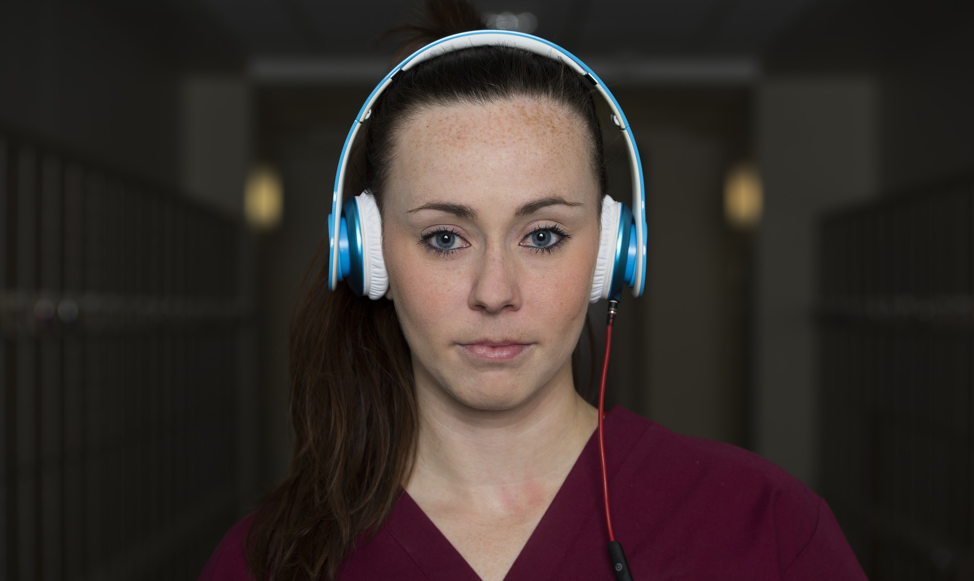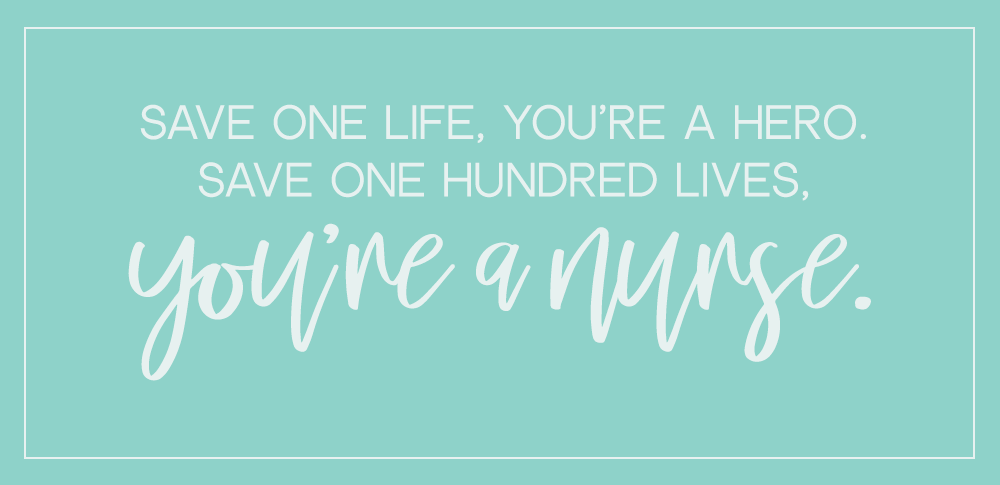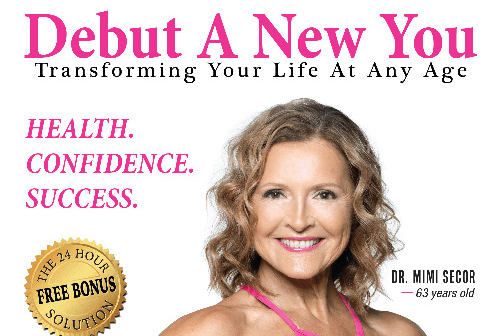self care
TagIs Your Nursing Career Making You Fat?
Is your nursing career making you fat? A new study says it could be. Take our poll and let us know just how much weight you think this study holds.
Why Health Workers Need to Be Emotionally Unattached to Patients
It is a fine line between caring for your patients and becoming too emotionally invested in their outcomes. How do you find the balance?
How Healthcare Professionals Can Make a Change When You’re on the Road to Career Burnout
by Julie Morris
Everyone has their own reasons for entering healthcare, but one common purpose we all share is the desire to help others. The problem is that in doing so, we sometimes put our own needs last, which can lead to career burnout. Howe…
Inspiring Nursing Quotes to Get You Through the Day
When you’re a busy, tired nurse, it’s sometimes easy to lose sight of just how amazing you and your profession are. Here are some quotes to remind you.
Self-Care Tips for the Back-to-School Therapist
Take a look at a few helpful self-care tips for the busy school-based therapist. Because you can’t take care of others, if you don’t take care of yourself, first.
Summer Reading for the Stressed Out Healthcare Practitioner
There is no time like the present to start practicing self care, and Debut A New You, a new book by Mimi Secor, is a fantastic place to begin.
Jump Aboard the Nurse Wellness Express
Nurses are renowned for not taking good care of themselves, ostensibly because they’re so busy taking care of others and living the lives of the saints that they are perceived to be.
Kim’s Blog: Regeneration of the Mind and Spirit
Caring for patients, takes not only an extraordinary amount of knowledge and skill, but also caring. How can we make sure we’re mentally up for the task?
The Nurse, The Martyr and The Oxygen Mask
Many of us are nurses because we’re caring people, and when someone asks why we became a nurse, we might say something like, “Oh, I like to help people”. And that sounds nice. But we know there’s more to it than that, don’t we?
How Music Can Powerfully Heal a Physician’s Life
Physician Adam Kendall uses music not only to heal himself, but also to bring inspiration and purpose to those who also suffer.








